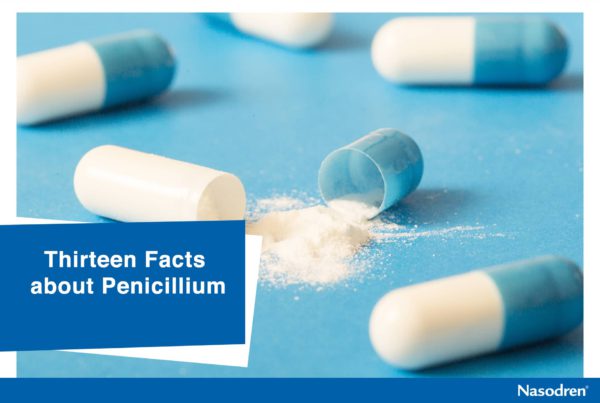Rhinosinusitis is a health problem with a major social impact
In recent years, rhinosinusitis has become a major health problem and its incidence is steadily increasing throughout the world. Millions of people suffer from this disorder, which has major medical repercussions and a negative socioeconomic impact. However, in spite of its growing negative implications, until a few years ago there were no treatments available that were capable of providing a permanent solution for this disease.
Unsolved problem
• In the USA: 34.9 cases of Acute Bacterial Rhinosunusitis peryear
• Growingbacterial resistance in Europe because of wide and not always adequate use of antibiotics
• Limited facilities of alternative to antibiotic therapies for mild and moderate forms of Acute Rhinosinusitis
• No good evidence of efficacy in treatments
Normally, antibiotics are the drugs of choice in patients with signs of rhinosinusitis but, paradoxically, many cases are not caused by bacteria. Furthermore, a growing bacterial resistance to antibiotics has been documented in Europe (and in the rest of the world) due to the – and not always indicated – overuse of antibiotics. A paradigmatic example is the growing resistance by Streptococcus pneumoniae to the main drugs of choice, with resistance rates in Spain up to 26% against Penicillin, 37% against the Macrolides, and almost 40% against the early-generation Cephalosporins.






